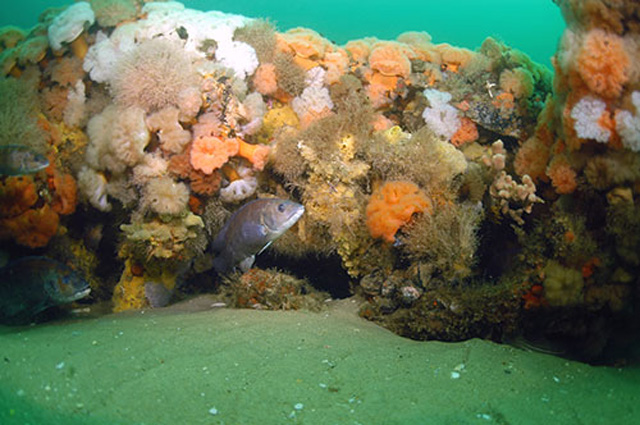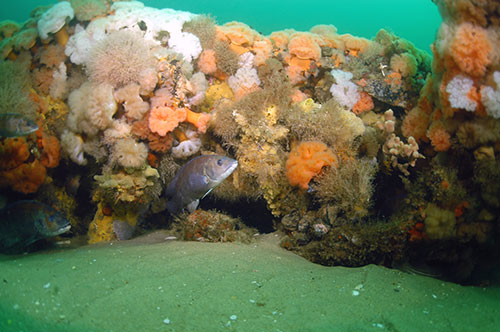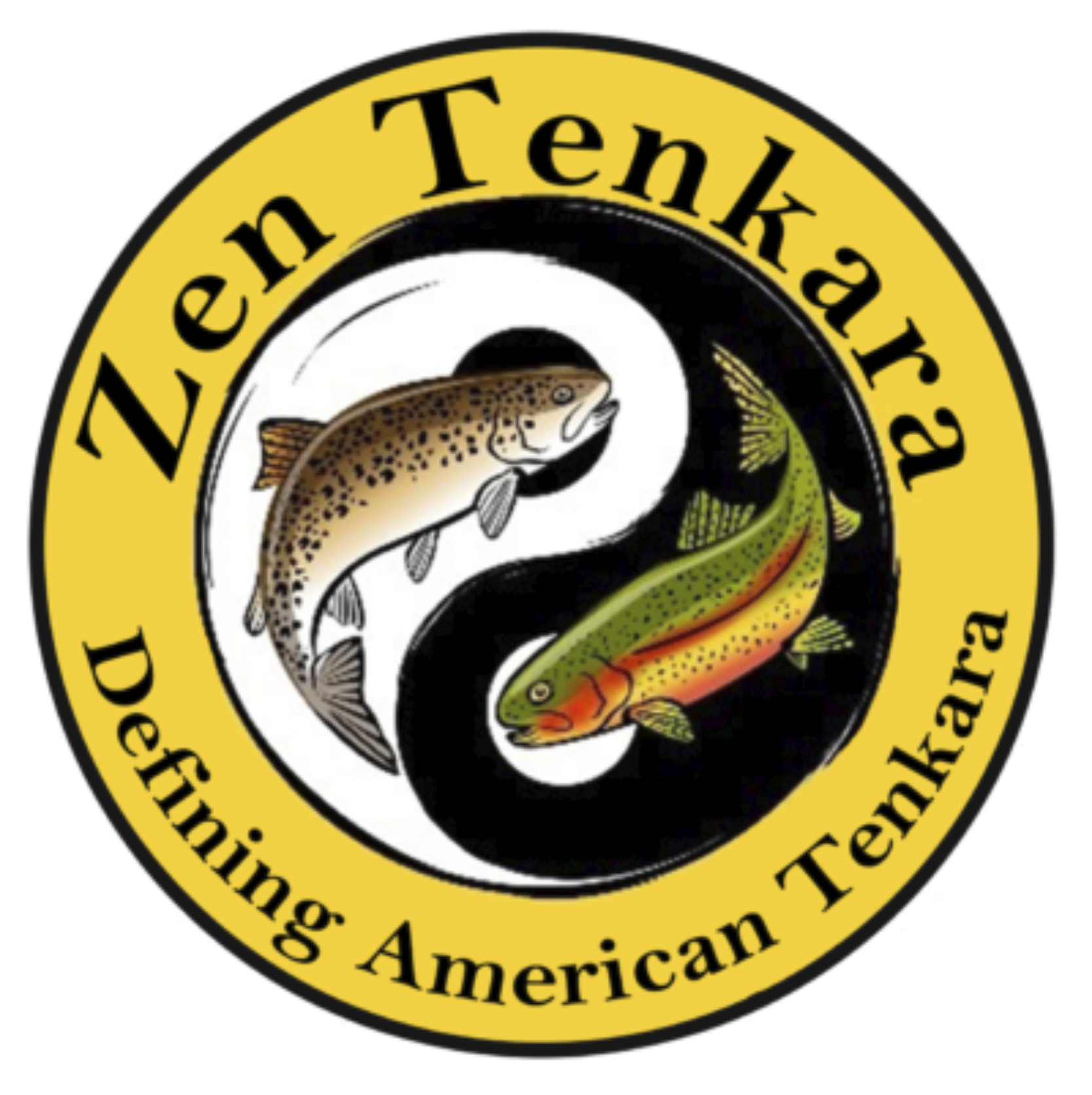[dropcap]I[/dropcap]mportant areas in New England’s offshore waters, protected from destructive fishing gear for decades, are under threat. These places are essential for a variety of marine animals, including some of the region’s iconic species, such as cod and whales.
New England fisheries managers are considering plans that would dramatically reduce the overall size of protected areas by expanding the range of vessels that engage in damaging forms of fishing. In the worst-case scenario, 70 percent of the territory that is currently closed would be opened up to bottom trawling and dredging.
The National Oceanic and Atmospheric Administration’s Fisheries Service (NOAA Fisheries) must prevent this from happening. Recent studies show that cod in the Gulf of Maine are only at 3 percent of a healthy population, an all-time low. Even if fishing is reduced dramatically, cod will still need safe places to grow and reproduce in order to recover. In addition, sea surface temperatures in New England have hit record highs and are affecting the ocean food web. NOAA’s own strategy on climate change identifies habitat protection as a top priority for helping ocean wildlife adapt to warming waters.
Now is not the time to roll back protections that depleted fish species, marine mammals, and seabirds need.









